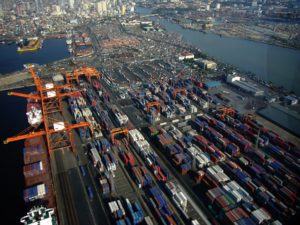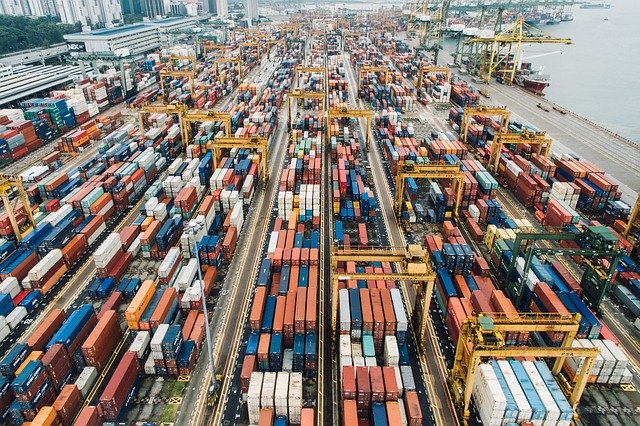 The Philippines is the 18th most affected economy by China’s production slowdown stemming from the coronavirus outbreak, according to a United Nations report.
The Philippines is the 18th most affected economy by China’s production slowdown stemming from the coronavirus outbreak, according to a United Nations report.
About US$300 million worth of Philippine exports are expected to be wiped out if there is a 2 percent reduction of China’s exports in intermediate inputs, the United Nations Conference on Trade and Development (UNCTAD) said.
The most affected sectors in the Philippines include communication equipment ($115 million), office machinery ($77 million), electrical machinery ($42 million), automotive ($22 million), various machineries ($17 million), precision instruments ($17 million), chemicals ($7 million), metal and metal products ($2 million), leather products ($1 million), rubber and plastics ($1 million), and wood products and furniture ($1 million).
Among the most affected economies are the European Union ($15.6 billion), the United States ($5.8 billion), Japan ($5.2 billion), South Korea ($3.8 billion), Taiwan ($2.6 billion), Vietnam ($2.3 billion), Singapore ($2.2 billion), United Kingdom ($1.9 billion), Mexico ($1.4 billion), Switzerland ($1.087 billion), and Malaysia ($1.077 billion).
Precision instruments, machinery, automotive and communication equipment are among the most affected sectors.
China’s manufacturing slowdown due to the COVID-19 outbreak is disrupting world trade and could result in a $50 billion decrease in exports across global value chains, according to UNCTAD estimates published on March 4.
“In addition to grave threats to human life, the coronavirus outbreak carries serious risks for the global economy,” UNCTAD Secretary-General Mukhisa Kituyi said in a statement.
“Any slowdown in manufacturing in one part of the world will have a ripple effect in economic activity across the globe because of regional and global value chains,” Kituyi added.
UNCTAD said that because China has become the central manufacturing hub of many global business operations, a slowdown in Chinese production has repercussions for any given country depending on how reliant its industries are on Chinese suppliers. UNCTAD said about 20% of global trade in manufacturing intermediate products originates in China as of March 4.
In February, China’s manufacturing Purchasing Manager’s Index—a critical production index—fell by about 22 points to 37.5, the lowest reading since 2004. Such a drop in output implies a 2% reduction in exports on an annual basis. Container vessel departures from Shanghai were substantially lower in the first half of February with an increase in the second half.
The Shanghai Containerized Freight Index continues its decline, indicating excess shipping capacity and lower demand for container vessels.
UNCTAD said a reduction in Chinese supply of intermediate inputs can affect the productive capacity and therefore the exports of any given country depending on how reliant its industries are on Chinese suppliers.
The estimated global effects of COVID-19 are subject to change depending on the containment of the virus and or changes in the sources of supply, UNCTAD noted.
Photo courtesy of the Philippine Ports Authority





